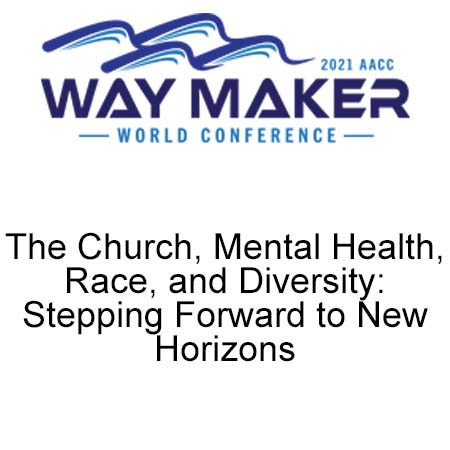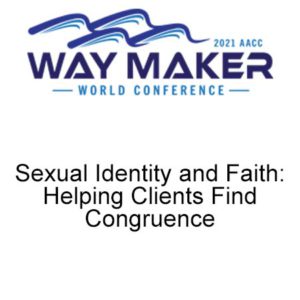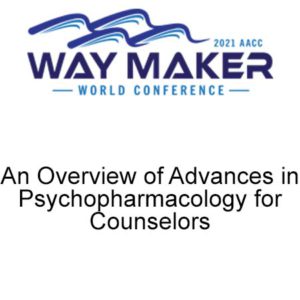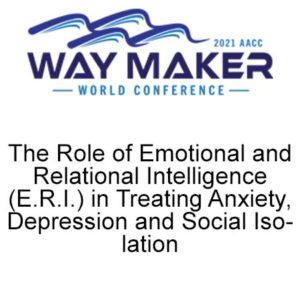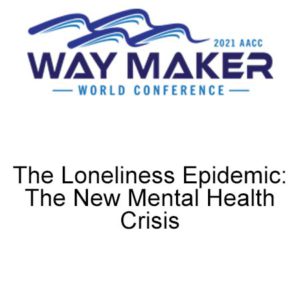Description
044: The Church, Mental Health, Race, and Diversity: Stepping Forward to New Horizons
Fredrica Brooks-Davis, M.A., Psy.D.
Destiny Empowerment Consulting Services, LLC
P.O. Box 3762
Crofton, MD 21114
Mark Crear, Ph.D.
Mark Crear Ministries
9420 Reseda Blvd., Ste. 600
Northridge, CA 91324
Summary
In the African-American community, the Church has a longstanding history of serving as more than a place of worship. According to Chatters et al. (2011), religion, spirituality, and religious institutions have helped African-Americans cope with various issues, including physical illness, mental illness, grief and loss, legal concerns, relational challenges, unemployment, and racism. Consequently, beyond the role of spiritual advisor, African-American pastors are often asked to respond to their parishioners’ psychological, sociological, and emotional needs and the broader community. Recently, the COVID-19 pandemic, increase in race-based incidents, and mass violent events have magnified the disparities between communities of color and their white counterparts. These disparities are identified and addressed via “Healthy People 2030,” an initiative through the Office of Disease Prevention and Health Promotion, Office of the Assistant Secretary for Health, Office of the Secretary, and U.S. Department of Health and Human Services. Healthy People 2030 provides objectives that identify how five vital areas can impact a person’s health. These five areas are referred to as the social determinants of health (SDOH) and are as follows: economic stability, education access and quality, social and community context, healthcare access and quality, and neighborhood and built environment. As faith leaders and the Church look to establish and/or enhance ministry efforts that are inclusive and consistent with 3 John 1:2, the social determinants of health and the African-American Church serve as examples of how faith-based institutions and ministry leaders, regardless of race and ethnicity, can take a step forward to address mental health, race, and diversity.
Learning Objectives
Participants will:
• Summarize the historical and present-day influence of the Church and clergy members in the African-American community
• Identify the five social determinants of health (SDOH) and share at least one goal and an example of each determinant
• Review the barriers that can prevent the Church and community from responding to the psychological and emotional needs of their brothers and sisters in Christ
• Outline opportunities their churches can take to implement programs and services that address the intersectionality of mental health, race, and diversity

